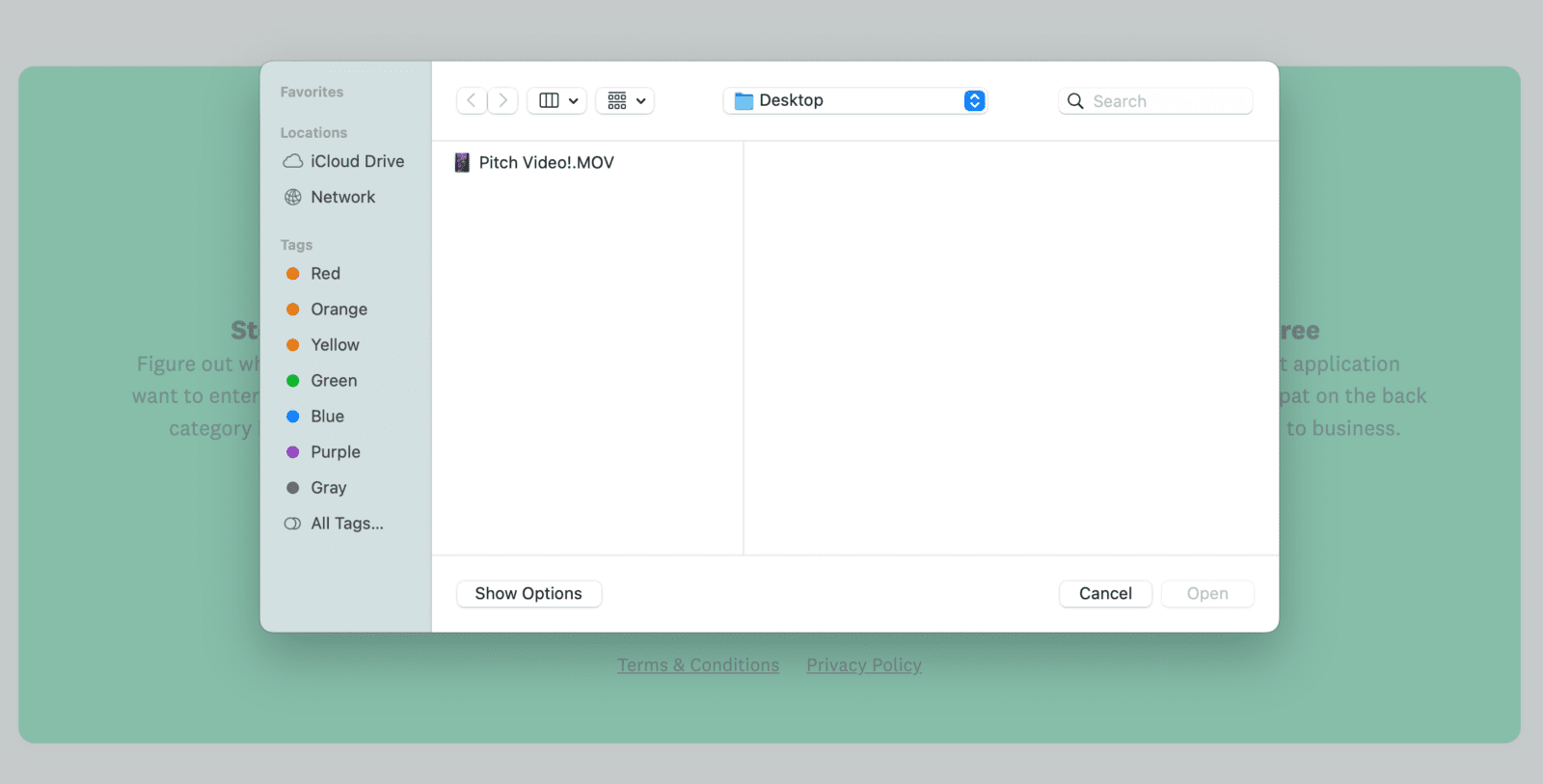
While many aspects of accounting work, such as spreadsheets, have a wide variety of automation solutions, things have lagged a little more in the realm of tax workpapers, which has led to teams being caught up in repetitive manual tasks.
This was the finding of a recent survey of 100 members of tax departments conducted for Bloomberg Tax by Arizent Research (Arizent is Accounting Today’s parent company). It found that the vast majority of tax professionals — 92% — said workpapers were very important or critical to the overall tax lifecycle. It is very close to the roughly 90% of tax accountants who identified problems with their workpapers they’d like to fix by next year at the latest.
A good chunk of these professionals, though, don’t think their current technology is up to the task, as 40% said they’re frustrated with their current workpapers solution and would replace it with a better one immediately if given a chance. Many, in fact, do not even use one single solution but instead rely on several in concert to process workpapers.
“Using multiple tools can result in integration issues and inefficiencies. But without a clearly superior alternative, many organizations are stuck with the software they have. For many, that means a process based in whole or in part on Excel. Their dissatisfaction with this state of affairs is not surprising. While flexible, both Excel and Excel-based tools are notoriously labor-intensive and error-prone, given their reliance on manual calculations,” said the report.
It isn’t just workpaper solutions that people are frustrated with: The poll found that 85% of accountants are less than fully satisfied with the current process and tools used by their company to support any of the stages of their current workflow. They rank workpapers, data management and compliance as the worst-supported stages of the tax lifecycle overall.
Given these responses, the report recommended that tax departments take an incremental approach to solving problems and prioritize solutions with low time to value. Organizations can build momentum by improving discrete processes and selecting the right tool for the job.
“”It’s time to evolve tax workflow improvement efforts beyond compliance — putting information on tax forms. The hard work of the tax department is most often done in their workpapers,” said Adam Schrom, product management director for Bloomberg Tax. “Organizations that place workpapers, rather than compliance, at the center of their workflow improvement efforts are taking a strategic approach that recognizes workpapers serve as the foundation from which compliance, provision and planning flow.”




